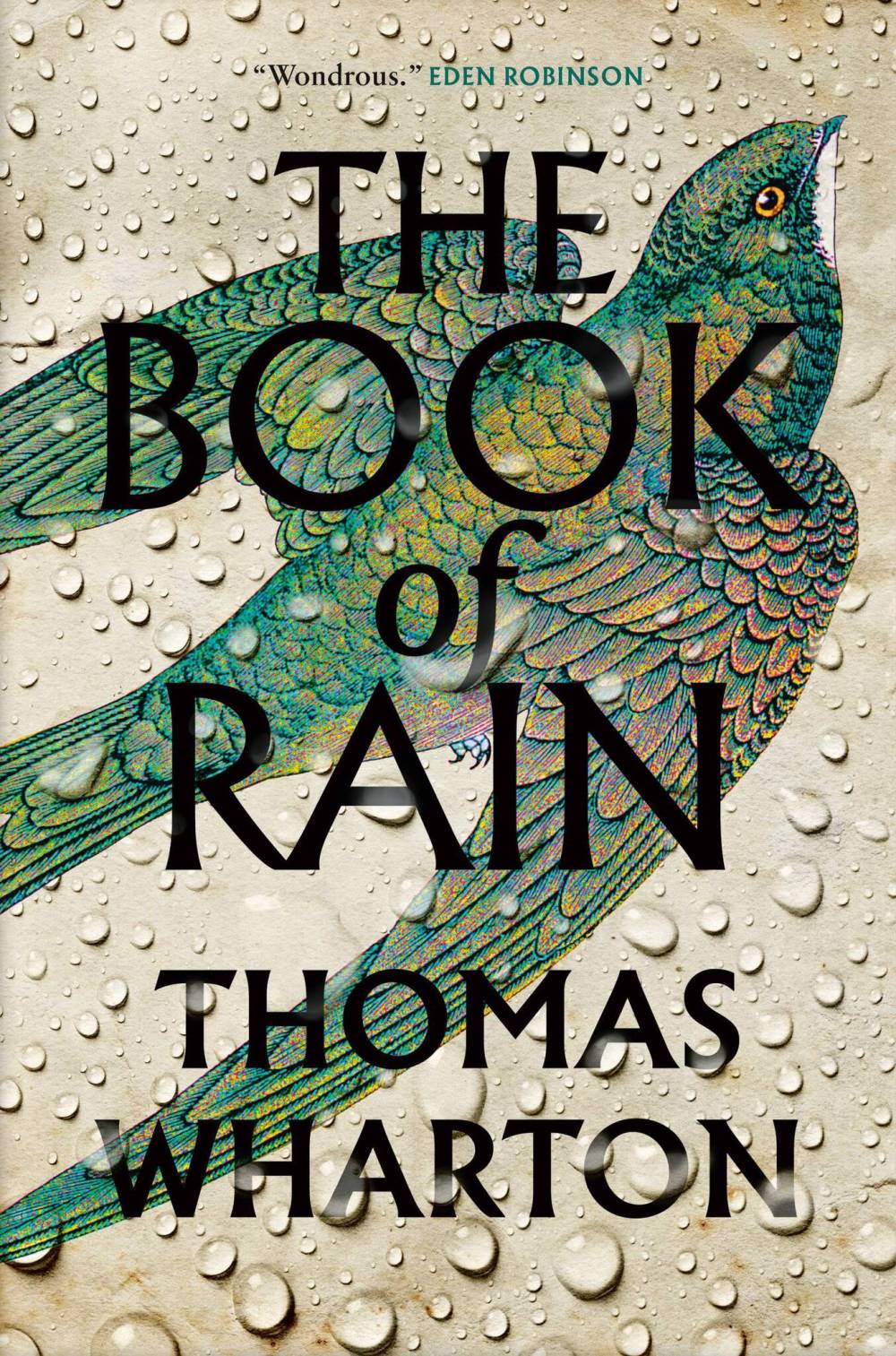Fascinating fragments
Absorbing Atlantis novel tackles tech, human relationship with other animals and more
Advertisement
Read this article for free:
or
Already have an account? Log in here »
To continue reading, please subscribe:
Monthly Digital Subscription
$1 per week for 24 weeks*
- Enjoy unlimited reading on winnipegfreepress.com
- Read the E-Edition, our digital replica newspaper
- Access News Break, our award-winning app
- Play interactive puzzles
*Billed as $4.00 plus GST every four weeks. After 24 weeks, price increases to the regular rate of $19.00 plus GST every four weeks. Offer available to new and qualified returning subscribers only. Cancel any time.
Monthly Digital Subscription
$4.75/week*
- Enjoy unlimited reading on winnipegfreepress.com
- Read the E-Edition, our digital replica newspaper
- Access News Break, our award-winning app
- Play interactive puzzles
*Billed as $19 plus GST every four weeks. Cancel any time.
To continue reading, please subscribe:
Add Free Press access to your Brandon Sun subscription for only an additional
$1 for the first 4 weeks*
*Your next subscription payment will increase by $1.00 and you will be charged $16.99 plus GST for four weeks. After four weeks, your payment will increase to $23.99 plus GST every four weeks.
Read unlimited articles for free today:
or
Already have an account? Log in here »
Hey there, time traveller!
This article was published 25/03/2023 (950 days ago), so information in it may no longer be current.
Thomas Wharton’s new novel The Book of Rain is in many ways a successor to his 2004 story collection The Logogryph, which was shortlisted for the International IMPAC Dublin Literary Award. One of the highlights of The Logogryph is an essay on the imagined literature of Atlantis (in the story’s world, the island never sunk).
One of the threads of the plot in The Book of Rain similarly revolves around Atlantis, which similarly never sunk in the story’s world. Ironically, having survived the cataclysm that claimed the nation in Western myth, the island is now in danger of sinking due to environmental disaster.
At the core of the Alberta-based Wharton’s novel sits two science-fictional disasters. One, a mysterious ore known as “ghost” is being mined in Canada, which can be used to generate massive amounts of energy. However, the process of extracting and exploiting “ghost” has the side effect of destabilizing time and reality itself.

Mary Sperle photo
Thomas Wharton uses a magic realist tone and a fragmentary style to great effect in his science fiction.
Two, technological advances have led to efforts to combat climate change, specifically the creation of cloud-like machines constructed out of millions of nanotech robots. These are initially designed with the idea that humans can thus take literal, technological control over the climate. But the machines develop something like a complex, non-human intelligence, and simply proceed with their own mysterious agenda, making the overall situation worse.
Although the novel seems to focus thematically on humanity’s relationship with the environment, and argue for particular environmental attitudes, in truth this is a sidebar, and the real thematic focus here is the relationship (and relationship breakdown) between humans and other animals.
The plot bounces (for the most part) between Alex’s return to the ghost-mining Canadian town (now a ghost town), where his sister Amery has gone missing, and Claire’s trip to Atlantis. Claire is on the drowning island as a travel writer updating its guidebook, although this is just a cover for her real job as a rare-animal smuggler.
Amery herself is the secret heart of the novel, its main character in many ways despite not appearing in most of the book. She has been making illegal trips into a contaminated, destabilized zone where time and reality itself is warped in order to study and save its animal life, and has disappeared.
These plots develop in tandem but disconnected from one another, interrupted also by fragments from the past, the future and the lives of other characters. Wharton has always had a fragmentary style, but he takes it to new heights here.
Although writing science fiction, Wharton uses a magic realist tone. Journal entries, discussions of the video games that Alex is supposed to be working on instead of hunting for his sister, strange mythologies drawn from the language of animals and a museum dedicated to displaying sounds are a few of the unusual aspects the novel combines in its mosaic-like plot.
Wharton’s great strength as a writer lies in collecting all of these disparate pieces without making his story incoherent or even too-coherent. At the same time, he doesn’t fall into the trap so many writers with similar themes do, and always keeps the emotional lives of his characters, rather than the novel’s thematic ideas, as the focus.

The Book of Rain
In a short speech late in the story, a professor named Michio argues that “if we’re going to save ourselves from our own stupidity, we have to completely transform the way we look at what’s around us, starting with what our best theories tell us is actually real. It won’t be easy. Maybe impossible.”
If it is possible, of course, the technology of stories themselves (represented in the book by the journal Amery keeps, the video game Alex is designing and a host of other metaphors) — not nanobot clouds — are what will make this fundamental paradigm shift possible.
Jonathan Ball’s books included the award-winning short story collection The Lightning of Possible Storms (Book*hug, 2020) and the comic book series The Eye Collector (Heavy Metal/Virus, 2022). Visit him online at www.jonathanball.com.


